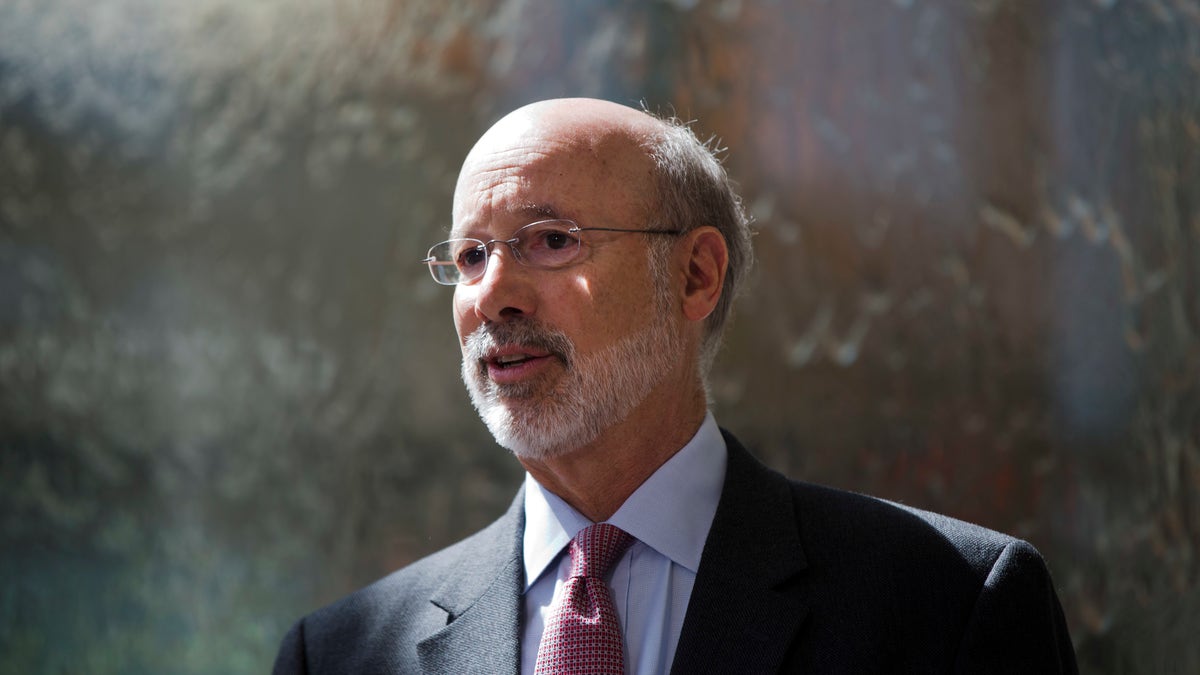Pennsylvania lawmakers target teachers paid to do union work
David Mercer and Brad Blakeman on the push by Republicans to outlaw 'ghost teachers'
Pennsylvania state lawmakers Thursday passed a pension reform bill that will save about $5 billion by incorporating features of both defined benefit and defined contribution plans.
Members of the state’s House of Representatives followed the Senate by passing the bill, 143-53. Most state employees and all school employees hired after Jan. 1, 2019, will get half their pension benefits from the existing defined-benefit plan and half from a new 401(a) defined-contribution benefit plan, according to Pensions & Investments. Employees in high-risk jobs like police and corrections officers will be able to retain their defined-benefit plan.
Employees hired after Jan. 1, 2019, will have the option of taking all their benefits from the 401(a) plan. Current employees will also be able to opt into the hybrid arrangement.
“This is the largest risk transfer in a public pension system of our size in the nation’s history,” Sen. Pat Browne, R-Lehigh, chairman of the Senate Appropriations Committee, said, according to the Morning Call.
Gov. Tom Wolf, a Democrat, is expected to sign the bill.
“This pension compromise achieves my foremost goals: continuing to pay down our debt, reducing Wall Street fees, shifting risk away from taxpayers, and providing workers with a fair retirement benefit, while providing long-term relief to school districts,” Wolf said in a statement.
Over a decade and a half ago, Pennsylvania’s public pension plans enjoyed a surplus, but losses in the stock market, retroactive benefit increases and delayed pension payments led to the Keystone State’s unfunded liability ballooning to $71 billion in 2016 from $7.6 billion in 2006.
The state’s pension crisis has led to property tax hikes, schools feeling the squeeze on their budgets and putting the retirements of public employees at risk.
The new hybrid arrangement will cut management fees by a combined $3 billion, as well as lowering the taxpayer’s pension risk by about two-thirds, according to a report from the state’s Independent Fiscal Office.
Government watchdogs inside the state hailed the bill’s passage as historic.
“This is a turning point for Pennsylvania,” Nathan Benefield, vice president and chief operating officer for the Commonwealth Foundation said in a statement provided to Fox News.

Pennsylvania Gov. Tom Wolf says that he intends to sign off on final approval for the bill, which will help to lower the state’s unfunded pension liability. (AP Photo/Matt Rourke)
“Ten years ago, many denied a pension crisis existed, and just two years ago, Gov. Wolf vetoed pension reform. But grassroots momentum for reform has been growing. Today, we saw the first results of this momentum, with lawmakers making reform a priority and Gov. Wolf pivoting from staunch opposition to vocal support.”
Benefield says passage of the bill is a first crucial step in in addressing the pension issue and tackling state debt.
“[T]his reform is a major step toward ensuring that in 20 years, we won’t look back and say, ‘If only we had acted.’”


